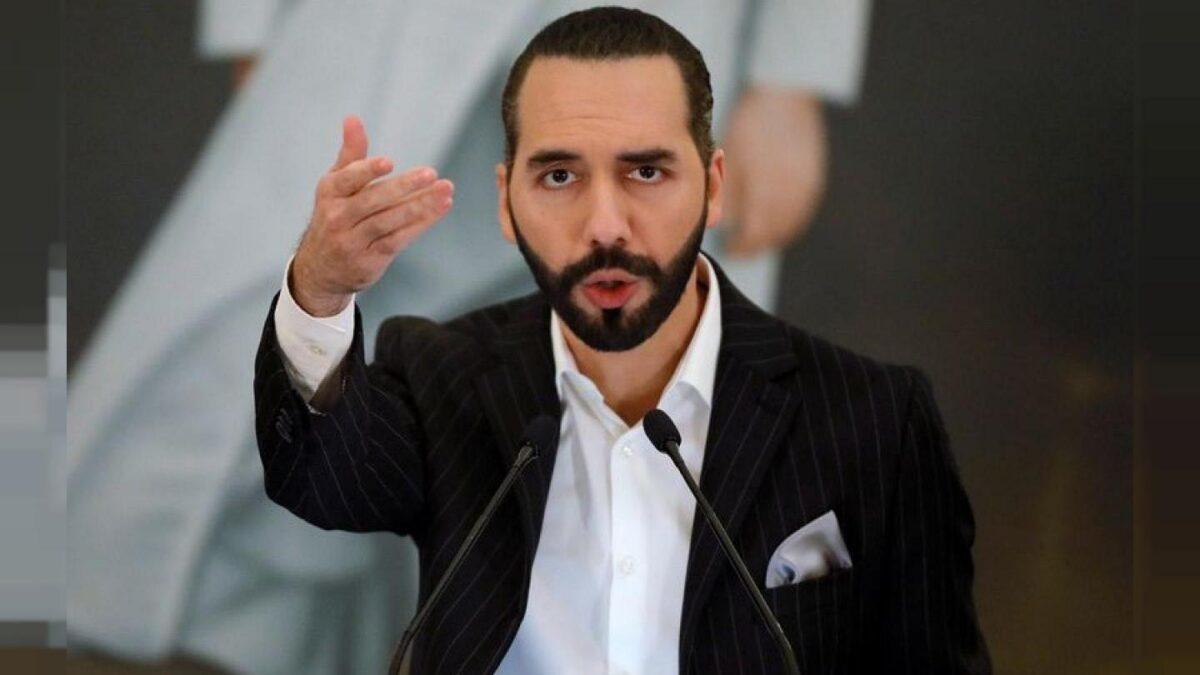
El Salvador's President Nayib Bukele Enters Second Term with Unprecedented Support
At 42 years old, El Salvador's President Nayib Bukele begins his second term on Saturday, boasting unprecedented support from the electorate. Re-elected in February with a resounding 85% of the vote, Bukele now wields near-absolute control over parliament and other government institutions.
His aggressive campaign against criminal gangs has restored a semblance of normalcy to a society long plagued by violence, solidifying his popularity. Despite criticism from human rights organizations, Bukele's unapologetic self-description as a "cool dictator" has made him the most popular leader in Latin America, according to regional polls.
This widespread support has translated into a dominant legislative presence, with his New Ideas party securing 54 out of 60 seats in parliament, empowering him to implement his policies effectively.
Bukele's Bitcoin Adoption and Economic Strategy
One of the most ambitious and controversial aspects of Bukele's presidency is the adoption of Bitcoin as legal tender. In 2021, El Salvador became the first country in the world to embrace Bitcoin in this way, a move intended to transform its economy.
Bukele's strategy is multi-faceted, aimed at attracting foreign investment, promoting financial inclusion for unbanked citizens, and reducing dependence on the US dollar. This bold initiative involved investing an undisclosed amount of taxpayer money in Bitcoin, despite warnings from international financial institutions about its volatility.
Bitcoin's price has fluctuated dramatically, with lows of $16,000 and highs reaching $73,797. Bukele remains unwavering in his belief that the potential benefits of Bitcoin, such as lower remittance fees and greater economic autonomy, outweigh the risks associated with its instability.
Bukele's Bitcoin experiment unfolds amid significant economic challenges for El Salvador. The country's public debt has soared to over $30 billion, representing 84% of its GDP, and economic growth is projected to slow to 3% this year from 3.5% in 2023. Critics contend that Bitcoin's volatility could further destabilize the economy and increase financial uncertainty.
However, Bukele maintains that the government's efforts to curtail violent crime will underpin economic stability and growth.


 Crypto Daily™
Crypto Daily™ BlockchainReporter
BlockchainReporter TheCoinrise Media
TheCoinrise Media DogeHome
DogeHome Crypto Daily™
Crypto Daily™ Crypto Daily™
Crypto Daily™ TheCoinrise Media
TheCoinrise Media Thecoinrepublic.com
Thecoinrepublic.com






















